 May 27, 2021 11:31 am
Published by Climate Extremes
May 27, 2021 11:31 am
Published by Climate Extremes
CLEX researchers found the ocean around Antarctica will warm under future emission scenarios, with the level of warming under the high emission scenario almost double that under the medium-low emission scenario.
 December 12, 2020 6:07 pm
Published by Climate Extremes
December 12, 2020 6:07 pm
Published by Climate Extremes
With the drama and instability of 2020, many of our ECRs have faced unprecedented challenges including loneliness, homesickness and the mounting uncertainties for their future careers. That latter concern may be why the majority of ECRs wanted this year's virtual ECR workshop to focus on the Future in academia and planning your research career.
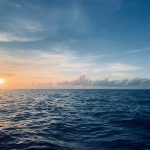 May 5, 2020 9:17 am
Published by Climate Extremes
May 5, 2020 9:17 am
Published by Climate Extremes
All data sources agree that positive IOD events are becoming stronger and occur more often and that the mean-state of the Indian Ocean is moving towards a more positive IOD-like state due to enhanced warming in the west compared to the east.
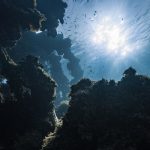 April 1, 2020 10:00 am
Published by Climate Extremes
April 1, 2020 10:00 am
Published by Climate Extremes
A lot has happened over the past few months with the publication of high-profile and challenging research and the continuing growth, development and recognition for the RP4 team.
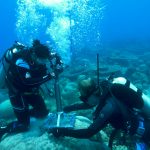 March 10, 2020 3:00 am
Published by Climate Extremes
March 10, 2020 3:00 am
Published by Climate Extremes
New international research has found a worrying change in the Indian Ocean’s surface temperatures that puts southeast Australia on course for increasingly hot and dry conditions.
 December 6, 2019 1:28 pm
Published by Climate Extremes
December 6, 2019 1:28 pm
Published by Climate Extremes
The Montreal Protocol, an international agreement signed in 1987 to stop chlorofluorocarbons (CFCs) destroying the ozone layer, now appears to be the first international treaty to successfully slow the rate of global warming.
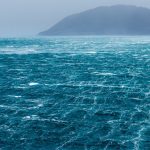 September 3, 2019 11:06 am
Published by Climate Extremes
September 3, 2019 11:06 am
Published by Climate Extremes
CLEX researchers and colleagues examined the movement of surface water into the depths of the ocean in response to these wind changes using a global ocean model.
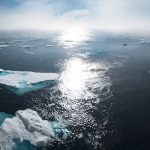 July 19, 2019 10:00 am
Published by Climate Extremes
July 19, 2019 10:00 am
Published by Climate Extremes
This project will quantify the impact of the front on air-sea exchange of heat and characterise how air-sea exchange and upper ocean properties change across the front.
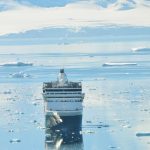 June 27, 2019 11:17 am
Published by Climate Extremes
June 27, 2019 11:17 am
Published by Climate Extremes
Antarctic sea ice had been growing in area since 1979, despite the influence of global warming. Then unexpectedly in the austral spring of 2016, there was a rapid decline. CLEX researchers used multiple runs of a coupled ocean-atmosphere climate model to investigate whether these distant influences played a role and, if so, the level of the contribution to the sea-ice decline.
 May 21, 2019 1:01 pm
Published by Climate Extremes
May 21, 2019 1:01 pm
Published by Climate Extremes
Natural variability has been found to play a role in the speed of warming of land surface temperatures. With indications that the negative Interdecadal Pacific Oscillation is now becoming positive, this suggests that the hiatus period is over and we are likely entering a phase of accelerated warming of global surface air temperatures.










